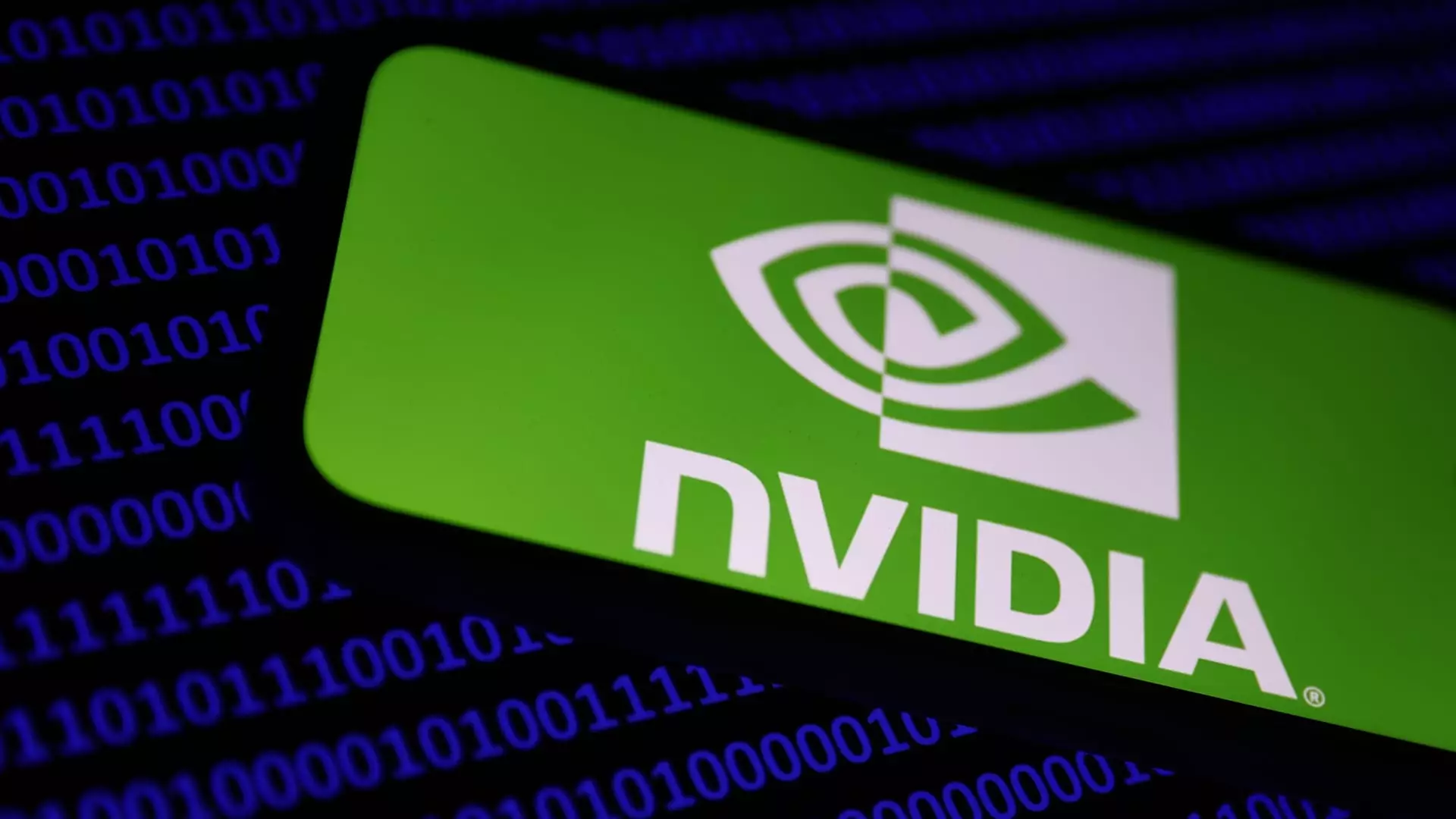As Saudi Arabia positions itself as a growing player in the global artificial intelligence (AI) landscape, the hope of accessing advanced technology from U.S. chipmaker Nvidia signifies a potential leap forward. Abdulrahman Tariq Habib, Deputy CEO of the Saudi Data and AI Authority (SDAIA), recently expressed optimism regarding the kingdom’s expected acquisition of Nvidia’s high-performance chips, particularly the H200 series. This technology is pivotal for developing sophisticated AI applications and models, such as those employed by leading firms like OpenAI.
The importance of such technologies cannot be overstated. Without access to these robust computing capabilities, Saudi Arabia may struggle to reach its ambitious goal of having AI contribute significantly to its economic output—targeting a 12% share of the gross domestic product by 2030. This strategic vision aligns with the broader objectives of Vision 2030, which aims to diversify the Saudi economy and reduce its historical dependence on oil.
Despite the optimistic forecasts from Saudi officials, the path to securing Nvidia’s technology is strewn with obstacles. The U.S. government has maintained stringent export controls, specifically designed to limit advanced chip technology to certain countries. These limitations stem from strategic concerns, primarily relating to national security and the U.S.’s geopolitical rivalry with China.
In an indication of the shifting dynamics between Riyadh and Washington, recent reports suggest the U.S. may reconsider its export regulations, potentially opening the door for Saudi Arabia to acquire Nvidia’s chips. This potential policy shift underscores a burgeoning relationship, illuminating Saudi Arabia’s aspirations to become a regional leader in AI development.
The implications of gaining access to Nvidia’s advanced chips are significant not just for technological advancement but also for international business relations. As Habib suggested, the availability of these chips would not only fortify Saudi’s computational capabilities but also facilitate stronger ties with U.S. businesses and investors—an essential aspect of the kingdom’s strategy to attract foreign investment.
Saudi Arabia has committed substantial investments to cultivate a vibrant AI ecosystem. The Public Investment Fund (PIF), valued at approximately $925 billion, plays a pivotal role in these initiatives. The fund is exploring alliances with various venture capital firms, including Andreessen Horowitz, with a potential $40 billion fund earmarked for AI investment. Such financial commitments reflect a strategic pivot to foster innovation and technology transfer within the kingdom.
Vision 2030 encapsulates the ambitious plans that aim to transform Saudi Arabia into a high-tech economy. This initiative emphasizes building human and data capacity as critical components of its strategy. By focusing on education and workforce development, Saudi Arabia is not merely banking on technology acquisition but is also investing in the foundational skills necessary for its citizens to thrive in an AI-driven landscape.
Saudi Arabia’s relationship with both the United States and China adds layers of complexity to its technological pursuits. The Saudi government is reportedly attempting to balance these partnerships while addressing U.S. security concerns, particularly regarding its growing ties with China. The kingdom’s reliance on Chinese trade and investment raises alarms in Washington, prompting the U.S. to scrutinize Riyadh’s interactions with Beijing.
While the kingdom aims to cultivate a favorable relationship with the U.S., it is also mindful of the substantial role that China plays in its economic ambitions. The influx of Chinese investment and technology can provide alternative routes for development should U.S. access prove elusive. This balancing act highlights the intricate web of international relations that Saudi Arabia must navigate as it actively seeks to bolster its position in the global AI sector.
Looking forward, Saudi Arabia’s quest for Nvidia’s cutting-edge chips heralds both promise and uncertainty. As the kingdom strives to become an emerging powerhouse in AI, the stakes are high. Access to advanced technology could catalyze a technological revolution within the kingdom, paving the way for unprecedented developments in various sectors, from healthcare to logistics.
However, the outcome remains contingent on how smoothly diplomatic relations can facilitate or hinder technological exchanges. As international dynamics continue to evolve, Saudi Arabia’s strategic responses will play a crucial role in shaping its AI landscape. The coming year could indeed be pivotal, potentially marking the beginning of a new era for the kingdom as it endeavors to assert itself as a leader in technological innovation on the global stage.


Leave a Reply